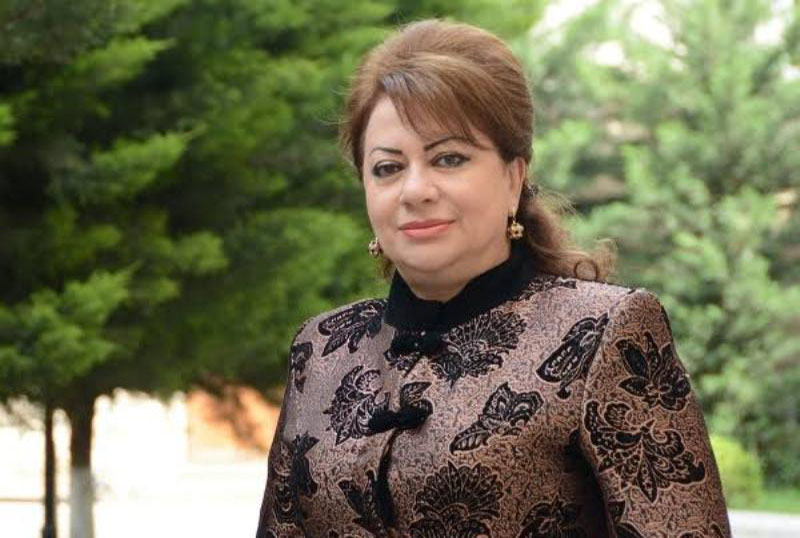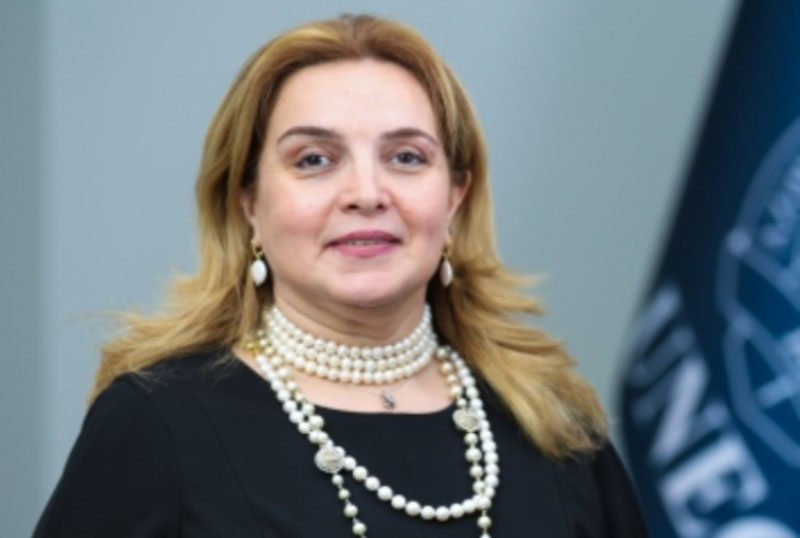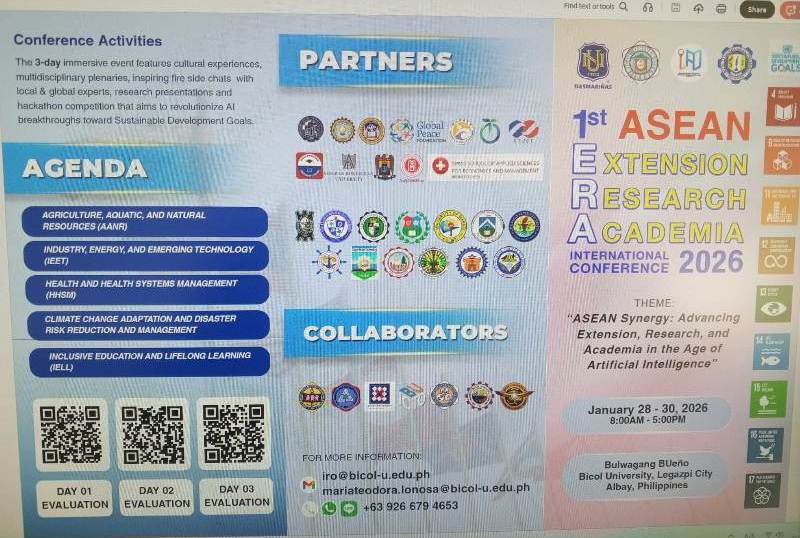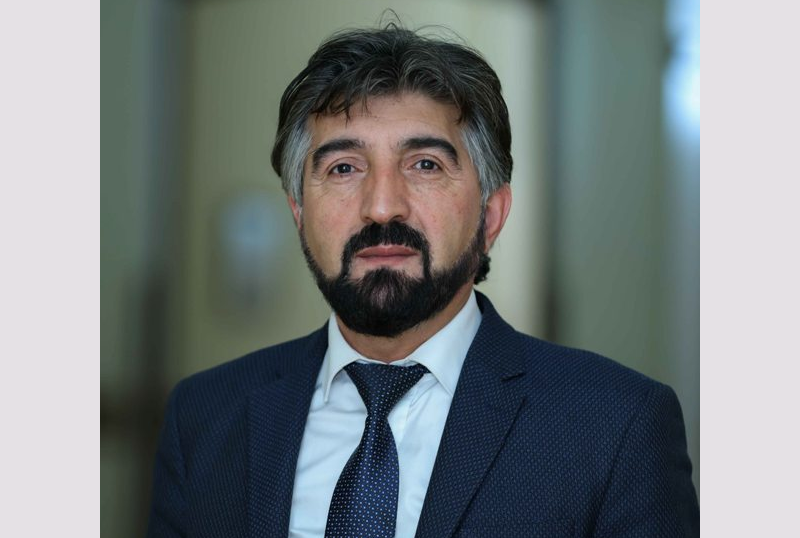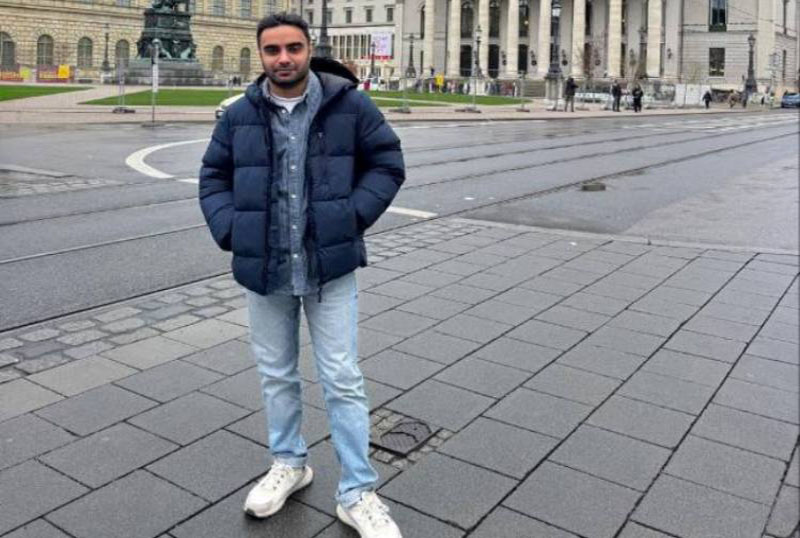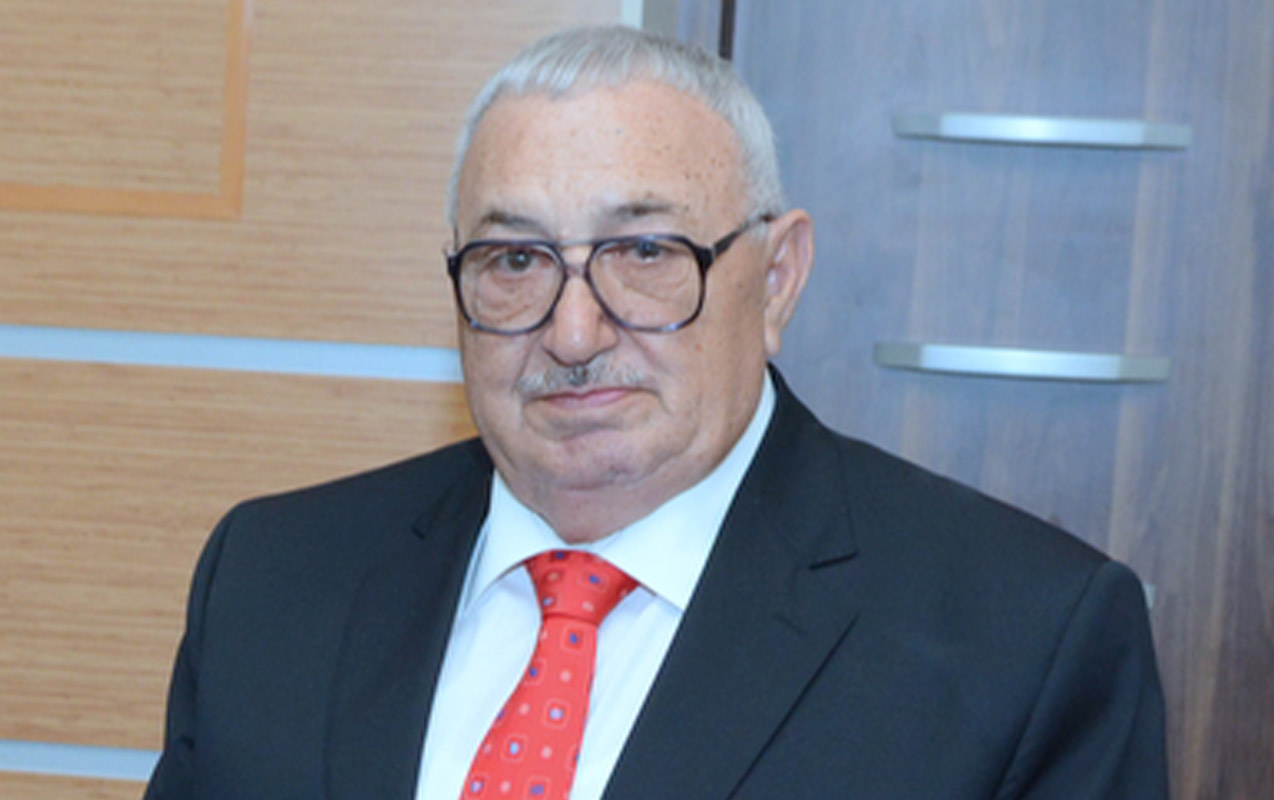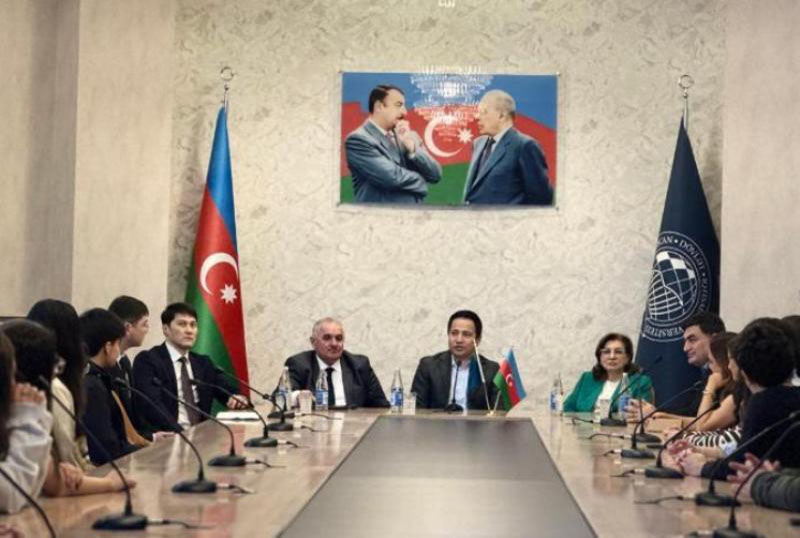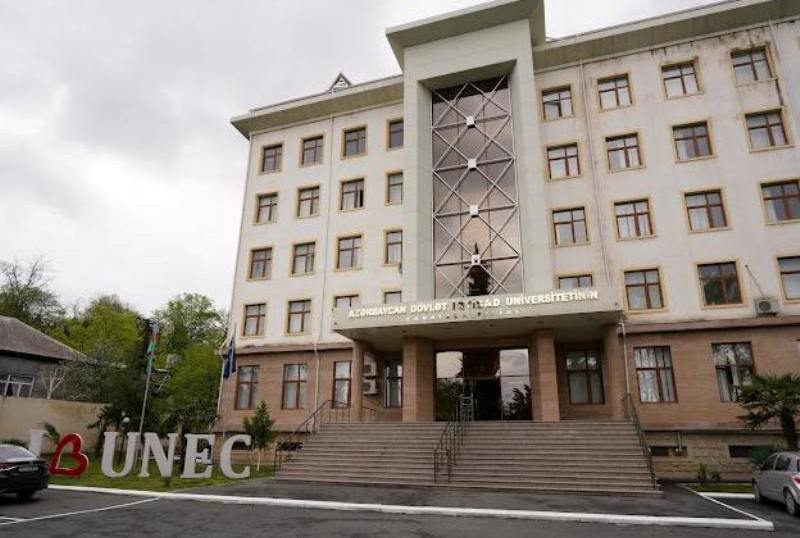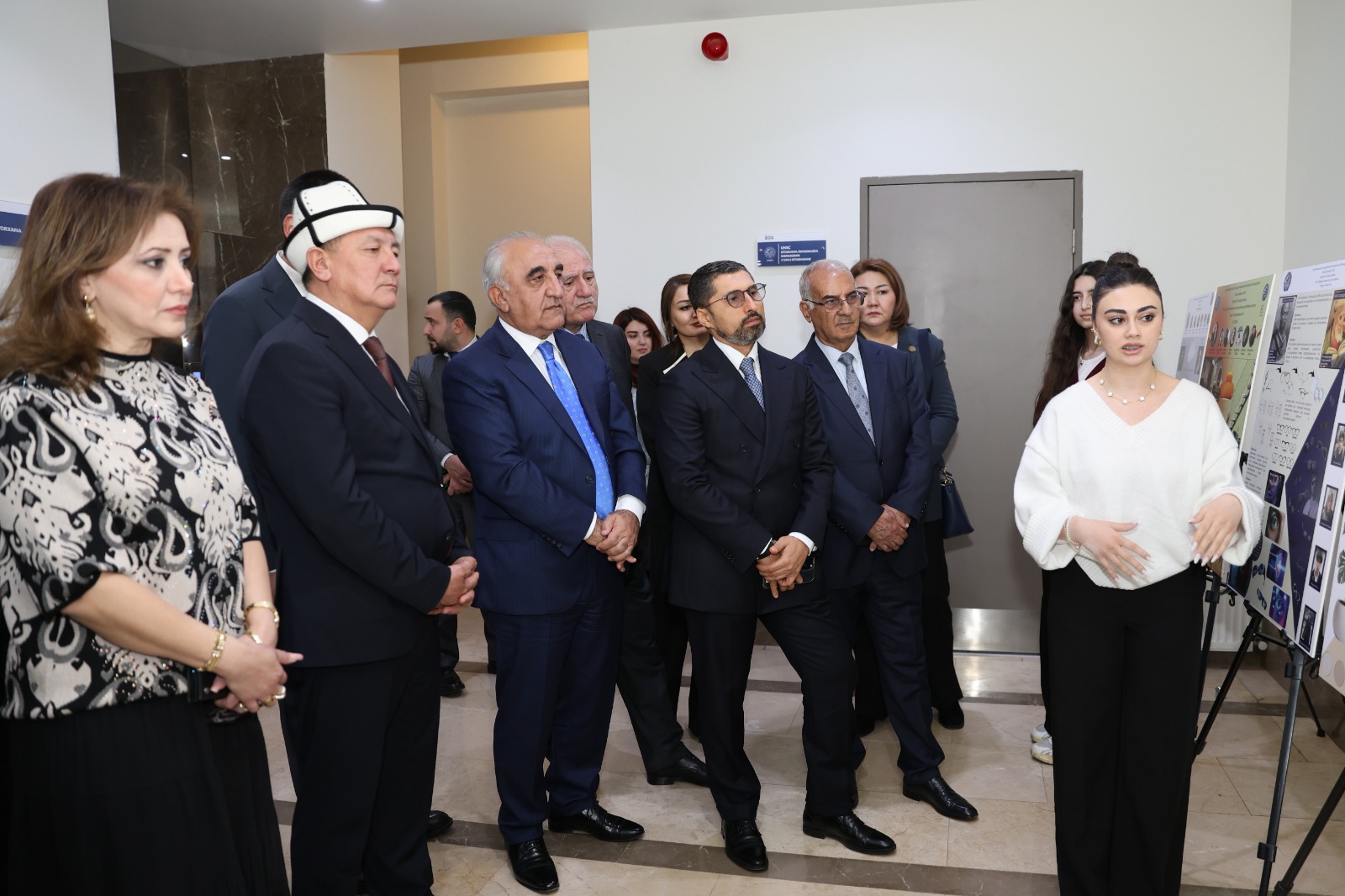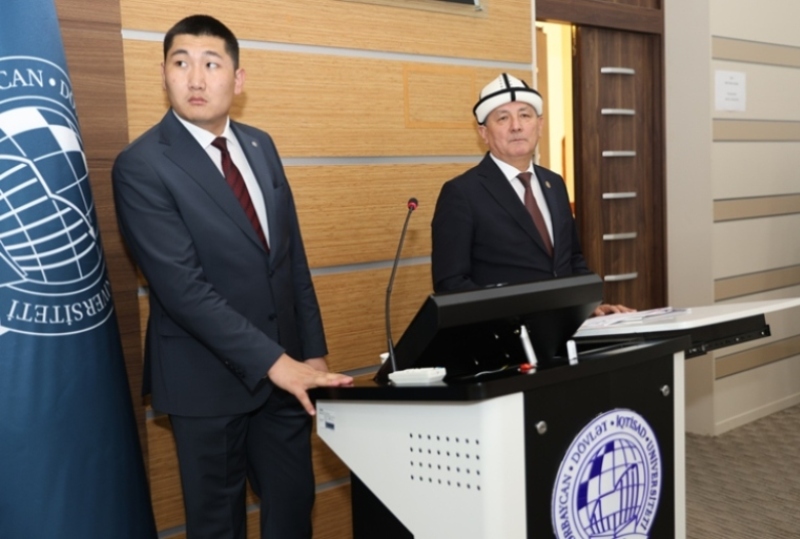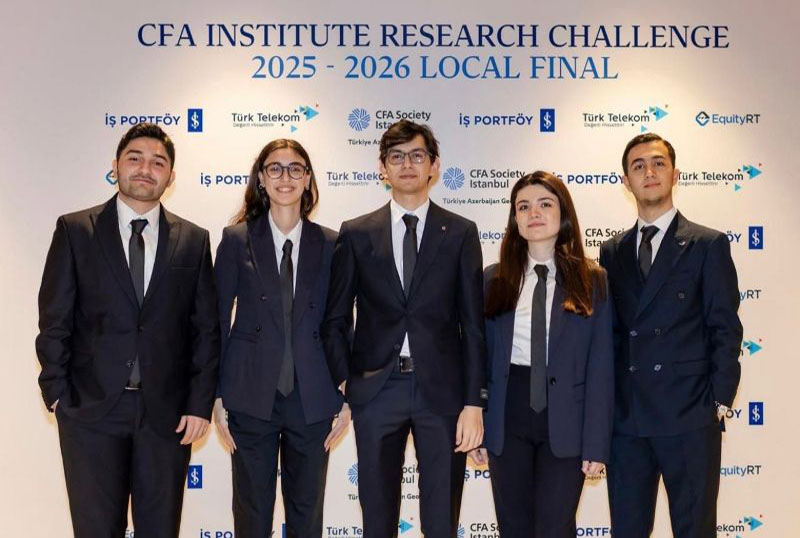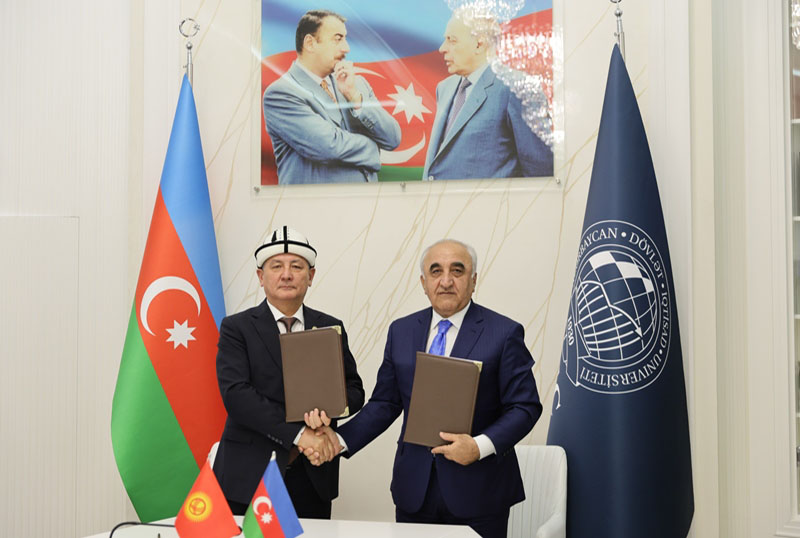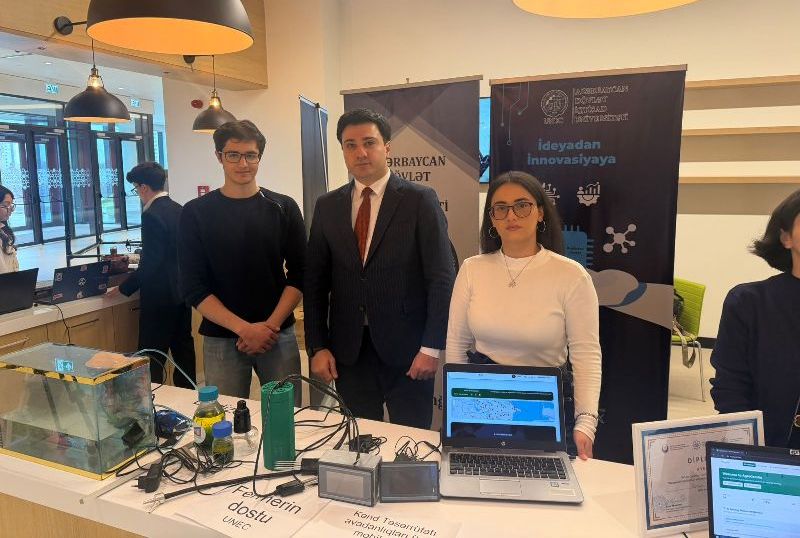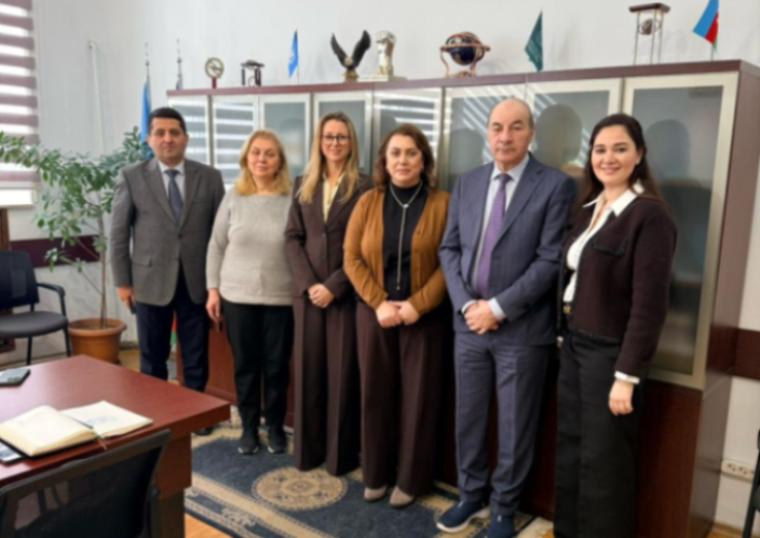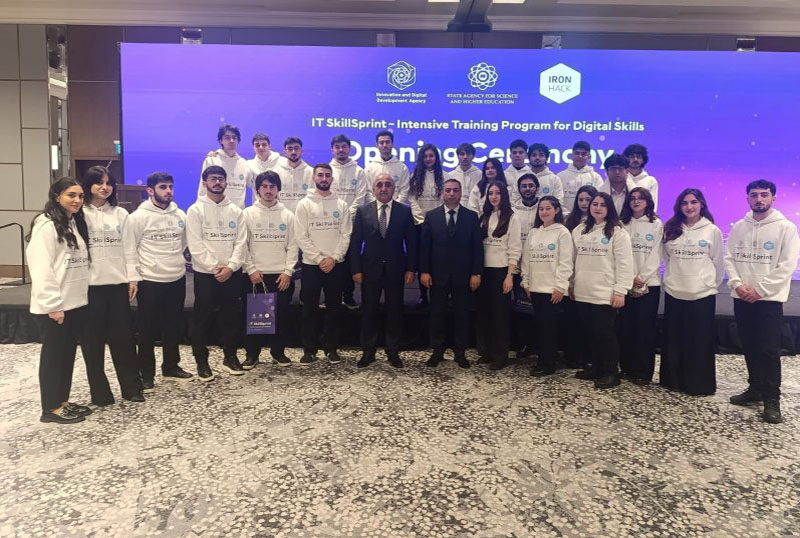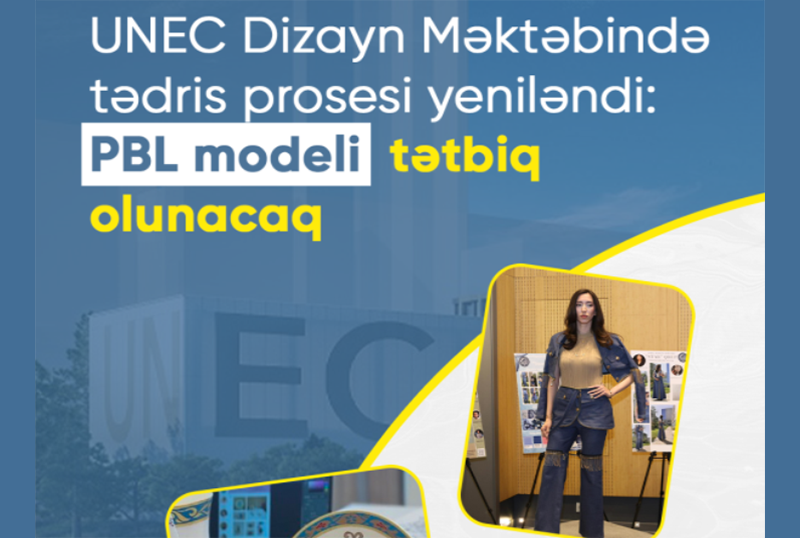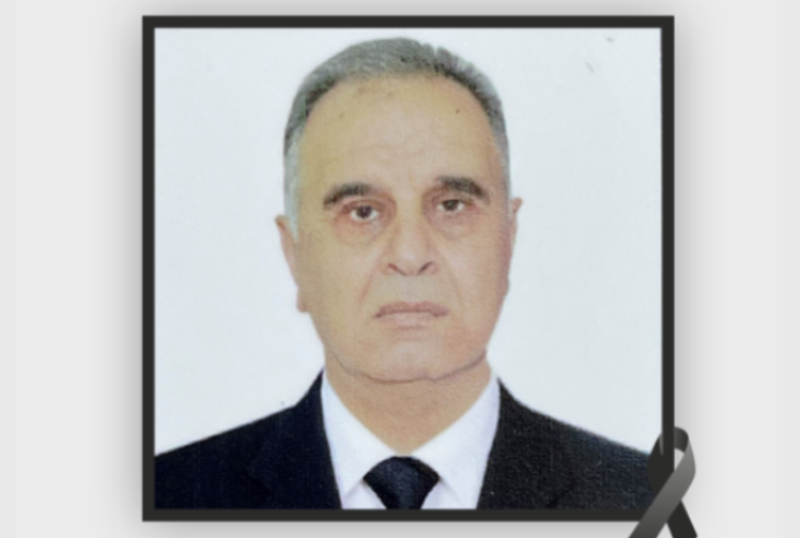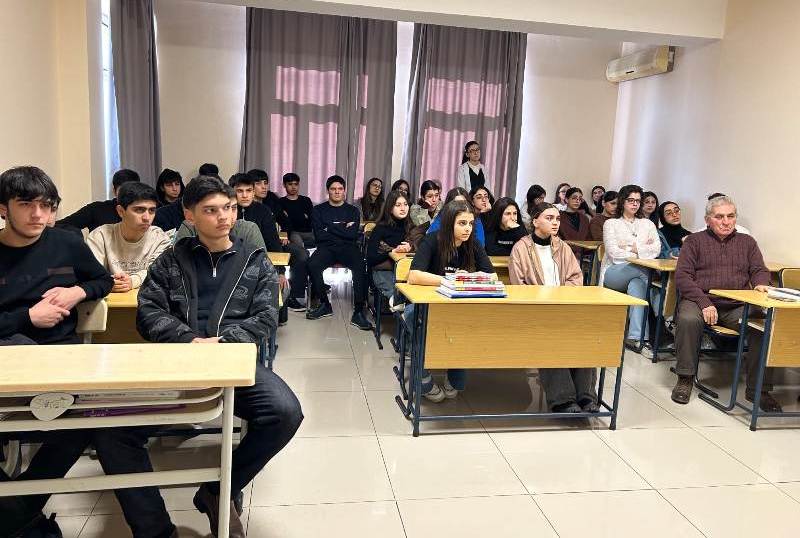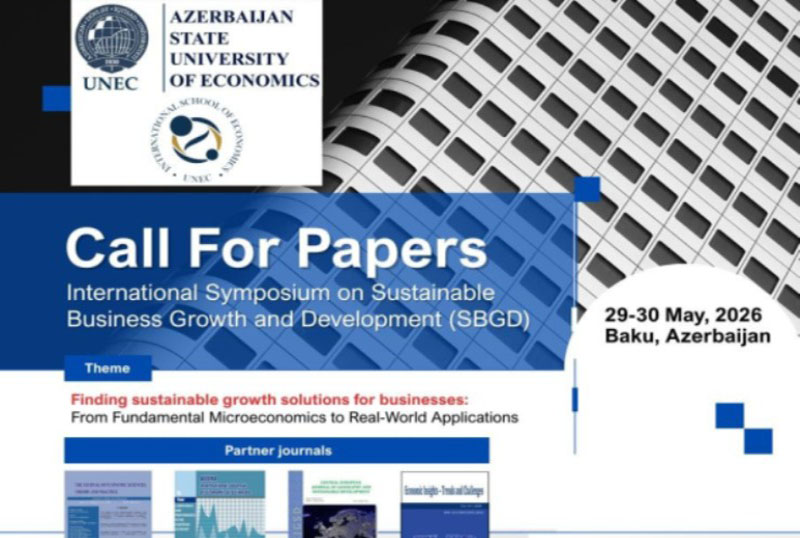The 29th United Nations Climate Change Conference (COP29), hosted in Baku, Azerbaijan, from November 11 to 22, 2024, brought together nearly 200 nations to tackle one of the most pressing issues of our time: climate change.
With a focus on collaboration, transparency, and innovative solutions, COP29 created a roadmap for more ambitious climate action while addressing some of the most pressing challenges. This article explores the objectives, key outcomes, and positive expectations of COP29, showcasing its role in shaping the future of climate action.
The focus on inclusion and teamwork was one of COP29's distinguishing features. The Action Agenda Initiatives, which were created through an open and transparent process with participation from several stakeholders, were announced by the COP29 Presidency. These projects addressed pressing issues, prioritized frequently disregarded issues, and introduced innovative concepts for climate solutions. To guarantee that finance and trade continue to be at the forefront of the climate agenda, for instance, the Baku Initiative for Climate Finance, Investment, and Trade (BICFIT) Dialogue brought together UN agencies, international organizations, multilateral development banks, the corporate sector, and civil society. To support small and medium-sized businesses on their path to sustainability, the initiative also announced the creation of the Baku Climate Coalition for SMEs Green Transition.
One of the most groundbreaking achievements of COP29 was the announcement of the Baku Finance Goal (BFG). This ambitious new commitment aims to channel $1.3 trillion annually to developing countries to help them combat climate change, a dramatic increase from the previous $100 billion target. The BFG includes a core pledge for developed nations to mobilize at least $300 billion per year by 2035, specifically to support the least developed countries and small island developing states. This $50 billion increase from earlier drafts was the result of intensive diplomacy by the Azerbaijani Presidency. It also includes provisions to ensure that funding is accessible and transparent, addressing long-standing concerns from developing nations about equity in climate finance.
The Baku Finance Goal isn’t just about numbers—it is the centerpiece of a broader package of agreements designed to unlock global investment and foster progress across all climate pillars. By providing a pathway for sustained financial flows, the BFG aims to help nations implement ambitious climate plans, strengthen resilience, and transition to sustainable energy systems. The importance of this goal cannot be overstated, as it sets the stage for transformative action in regions most affected by climate change.
In addition to the BFG, COP29 succeeded in concluding decade-long negotiations on Article 6, which establishes the framework for high-integrity carbon markets under the United Nations. These markets are expected to generate financial flows of up to $1 trillion annually by 2050, significantly reducing the cost of implementing national climate plans by an estimated $250 billion per year. Together, the Baku Finance Goal and the Article 6 agreements promise to reshape global climate finance by channeling resources to where they are needed most—developing countries. This dual achievement demonstrates how innovative financial mechanisms can drive equitable and sustainable outcomes.
Technology and innovation were also big topics at COP29. One exciting achievement was the COP29 Declaration on Green Digital Action. This was supported by more than 75 countries and over 1,100 tech organizations, all agreeing to use digital tools to cut emissions and prepare for climate challenges. There were also important energy pledges, with 150 countries agreeing to focus on clean energy solutions like hydrogen, energy storage, and renewable power networks.
The conference also addressed specific sectors like agriculture, cities, and tourism. For instance, over 50 countries committed to cutting methane emissions from organic waste, which is a major contributor to global warming. Farmers were given special attention through the Baku Harmoniya Climate Initiative, which made it easier for them to access funding and support. Urban areas were another focus, with a declaration to make cities more climate-resilient and sustainable, supported by over 160 organizations and governments.
The conference also addressed specific sectors like agriculture, cities, and tourism. For instance, over 50 countries committed to cutting methane emissions from organic waste, which is a major contributor to global warming. Farmers were given special attention through the Baku Harmoniya Climate Initiative, which made it easier for them to access funding and support. Urban areas were another focus, with a declaration to make cities more climate-resilient and sustainable, supported by over 160 organizations and governments.
Another big success at COP29 was securing funding to fight climate change. Many countries and organizations pledged money to support projects in developing countries, which are often the most affected by climate change. A new fund to address Loss and Damage, which helps countries recover from climate disasters, received over $730 million in pledges, with Australia and Sweden making the largest contributions. Multilateral development banks also promised to provide $170 billion each year by 2030, with much of it going to poorer countries.
Transparency was another important outcome of COP29. A new platform called the Baku Transparency Platform encouraged countries to share detailed reports about their climate efforts. This helps ensure promises are being kept and progress is tracked. Eleven countries and the European Union submitted their reports early, setting a good example for others.
World leaders also used the conference to show their commitment to fighting climate change. Mexico announced it would reach net-zero emissions by 2050, joining all G20 nations in adopting long-term climate goals. In addition, the conference brought attention to the link between climate change and other global challenges, like conflict and peace, with initiatives aimed at addressing these connections.
COP29 wasn’t without its challenges, but its achievements point to a brighter future for climate action. The agreements reached in Baku reflect a shared understanding that the world must act collectively and urgently to combat the climate crisis. While there’s still a long way to go, the progress made at COP29 is a reminder that when nations come together with determination, change is possible. The hope now is that this momentum will carry forward into COP30 and beyond, inspiring even greater ambition and collaboration.
Nigar Hajiyeva
ISE, Lecturer of International Economics and business department


